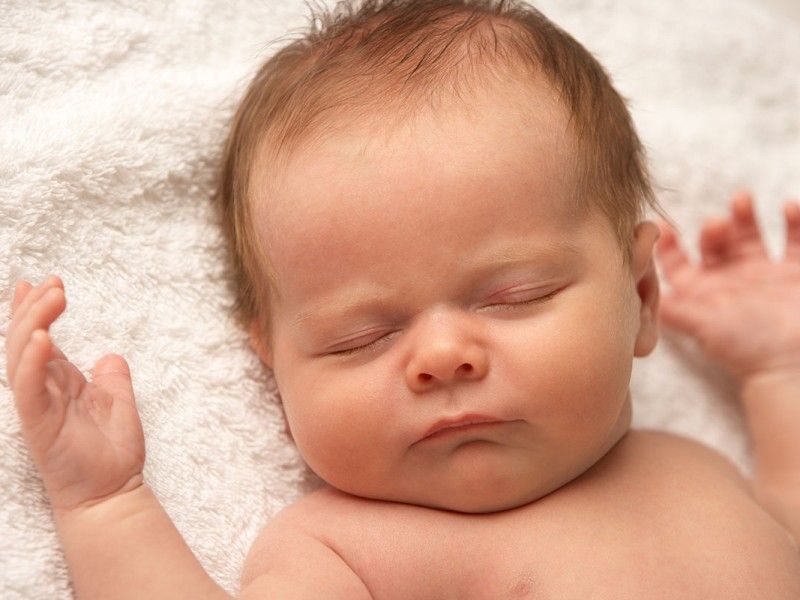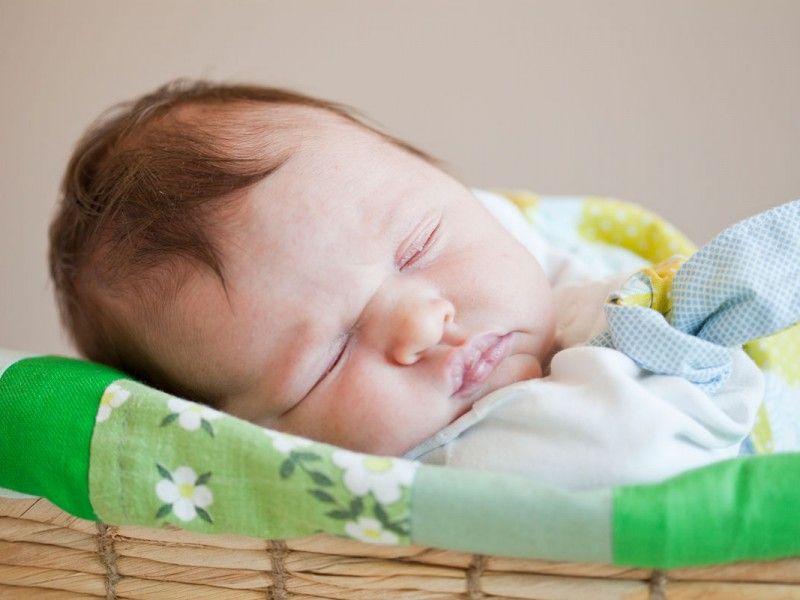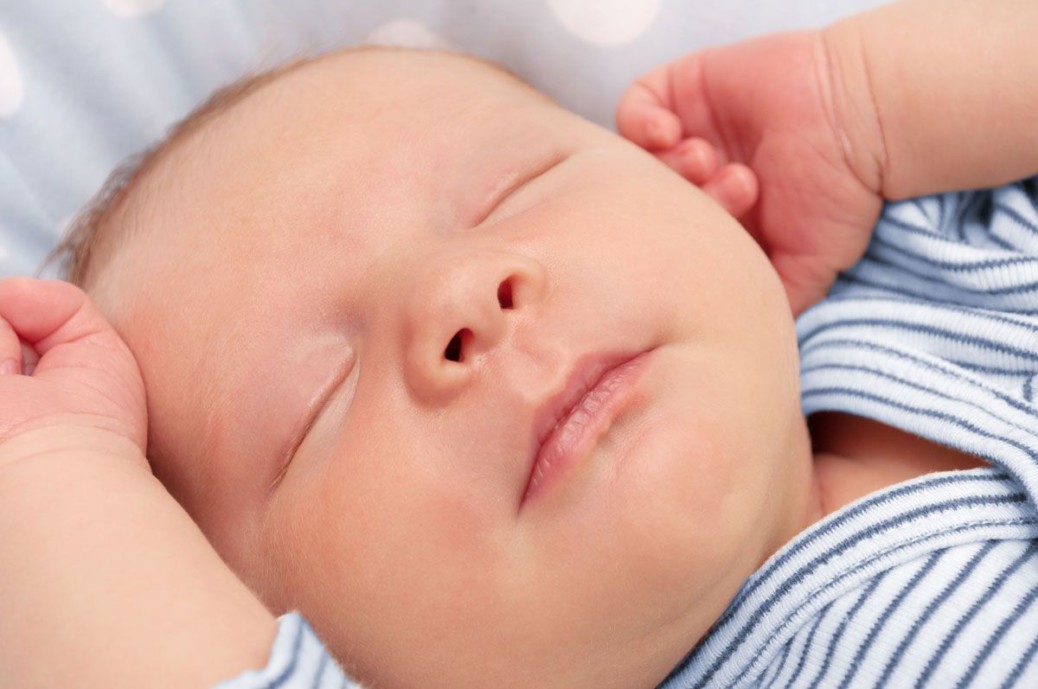Improve Your Baby’s Sleep Without Sleep Training
Do you need to sleep train your baby? Sleep expert Emma Purdue explains how sleep training isn’t always needed for your baby
6 min read
 Baby – Expert Article by Emma Purdue
Baby – Expert Article by Emma Purdue
Improve Your Baby’s Sleep without Sleep Training
Often when we think of sleep training we conjure up thoughts of a young helpless newborn crying and screaming alone in their bed, hungry and desperate.
Whilst this is completely false, this image is enough to completely put a lot of parents off the idea of sleep training, and therefore they will go months sometimes years with less than ideal sleep, thinking they have no choice despite being desperately tired.
This prevents the infrequent naps leading to overtiredness which we all know is the monster who ruins our babies lovely temperament and disrupts night sleep!

No broken sleep, please
Broken sleep is the number one cause of sleep deprivation. Most parents are actually in bed for a reasonable length of time overnight but the issue is the number of times we are getting up to put a dummy back in, rock, or pace around the house trying desperately to get our baby or toddler back to sleep.
This broken sleep means our bodies are not getting the slow wave sleep they need for optimum function. We’re increasing our risk of obesity, lowering our immune function, and our brains are suffering….that mummy brain fog is real!
But can we do anything about this lack of sleep without “sleep training”…..? YES! We can begin by working on the 4 key elements of sleep hygiene, and often with a consistent approach, this is enough to dramatically improve our children’s sleep.
How’s the sleep environment?
Is it conducive to good restorative sleep? Or is encouraging broken sleep, and physiologically not supporting sleep?

Check baby’s sleep cues
What signs does your baby give to show that they are getting ready to sleep, or that feeling of sleepiness is taking over and their bodies want to sleep! Their melatonin is rising, they should already be in bed by this stage, maybe you are missing this? Having them in bed as these feelings take over mean that your child can learn to give in to those feelings of sleep and you are setting them up for successfully falling asleep.
Check your baby’s sleep routine
Think about the specific sleep routine you may have purposely or accidentally conditioned your child to need to move from awake to asleep. This is essentially a habit loop, where the ultimate reward is falling asleep. How does your child’s sleep routine help this? Many parents think the sleep routine stops once your baby or toddler is in their sleeping bag and bedroom…… But what you do from this time until the moment they fall asleep is their sleep routine.
Do you rock until they are asleep then sneak them into bed? This is their sleep routine. Each time they naturally wake from a sleep cycle, day and night, they will need this same specific set of circumstances and this sleep routine to get back to sleep. Changing this sleep routine and starting to disassociate things like rocking and feeding from sleep, is a key step in creating awesome sleep habits that will see your entire family having a more restorative sleep, with more time in that slow wave sleep.
Timing of sleep is pretty important
The timing of sleep means that we are working with your child’s circadian rhythm. Working with someone’s circadian rhythm (internal biological clock) is so important – this year’s Nobel prize in medicine went to understanding this very topic better. We know that when we sleep at the “right” times, sleep comes much easier to us, children fall asleep faster, with less fuss, they have a more restorative sleep, and they wake happier.
Allowing children to get overtired, or sleep at the wrong times, can lead to that feeling of jet lag, or shift work. Short term this is fine, everyone recovers, but long long term this junk sleep isn’t in sync with our biological rhythms and is linked to higher rates of mental and physical health issues. Get your child’s real-time matching their internal time by looking and assessing the timing of things like their naps, their night sleep, their main meals and their milk feeds.

Good sleep ‘hygiene’ is really worth it
Understanding sleep hygiene allows us to better understand our own children as unique children, and from here we can adjust our parenting responses to meet their needs as well as establish healthy sleep habits which are going to stick with them for life.
In a nutshell, if the term “sleep training” makes you think “NO WAY”, but you’re wanting to improve the way your baby or toddler sleeps, then your first steps should be in establishing proper sleep hygiene. This might take 1-2 weeks, part 3 might even take 1-6 weeks depending on how slowly you change those associations. But I promise you, I have worked with thousands of parents who don’t “sleep train”, but we manage to get their babies and toddlers taking awesome naps, unassisted and massively improve their night sleep.

 Me and my team of Sleep Consultants have been where you are. You don’t need to continue to struggle with your baby’s sleep. We can help with home visits, phone, and email support. Request a free 15-minute phone consultation and let’s have a chat to see how we can help you.
Me and my team of Sleep Consultants have been where you are. You don’t need to continue to struggle with your baby’s sleep. We can help with home visits, phone, and email support. Request a free 15-minute phone consultation and let’s have a chat to see how we can help you. Emma is a mother of three and founder of
Emma is a mother of three and founder of